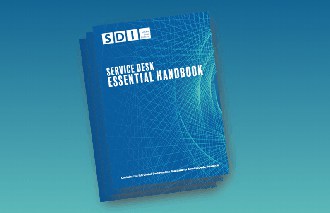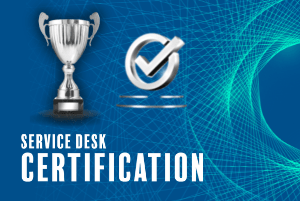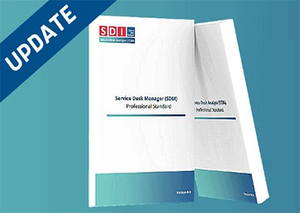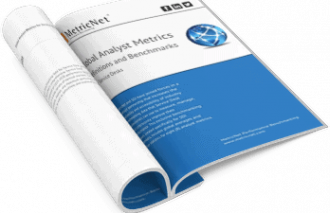
by Scarlett Bayes, Industry Analyst, SDI
I attended a BCS event recently titled Bots, Burnout, and Blame, presented by Matthew Bellringer, founder of Meaningbit. Matthew detailed what burnout is, what causes it, changes individuals can make in their work environment to avoid burnout, and how organisations can begin to break the culture which can be destructive to flow and job satisfaction. Burnout is a state of emotional, physical, and mental exhaustion; this can be brought about by a lack of control, fairness, community, meaningful work, and rest and reflection.
Matthew stressed the importance of flow. Without flow, you can become easily distracted by external things or other tasks, which can lead to you working on several different jobs at once and never really finishing any of them. The pressure and dissatisfaction of this can lead some people to feeling overwhelmed and, ultimately, stressed. The perpetuation and prolongment of this way of working can lead to burnout.
Work needs to be satisfying, which means you need to find it meaningful and be doing something you believe in; this way, you are more likely to engage your entire brain and find a flow. In this state, you’re likely to be more productive and you’ll find more satisfaction in the work your doing, particularly if you set achievable goals and you are able to get immediate, constructive feedback.
Matthew also spoke about how certain organisational practices or processes can be detrimental to flow and job satisfaction. For example, strict procedures and targets regarding handling tickets can cause service desk analysts to feel pressured and restricted, thus resulting in stress and anxiety.
We have already established that carrying out tasks with little meaning can lead to burnout, and on the service desk, low value or menial tasks often take up a significant proportion of time. These small tasks may not provide much satisfaction for analysts, which can result in a cycle of distractions and working on other tasks without resolving any. When the small tasks begin to build up, analysts can feel overwhelmed and mentally exhausted.
But how do we resolve this? What can organisations and individuals alike do to remove the causes of burnout? Matthew suggested that as individuals, to try and facilitate a flow you should try to remove distractions;
· Turn off mobile notifications
· Don’t feel like you have to respond to emails straight away
· Use tools or browser extensions to restrict what websites you can access
· Allow yourself to have a break away from your PC when you need one
· Be mindful of your mental and physical health which may impact your ability to work effectively
Once you break a flow, it is very difficult to recreate the same levels of concentration on the same task, so it is important to reduce the chance of being distracted. Within an organisation, following a Shift Left initiative moves the lower value or menial tasks to be dealt with by tools and technology, like self-service or chatbots. This allows analysts more time to focus on more complex or interesting tasks, which can lead to better job satisfaction and less chance of burnout.
























